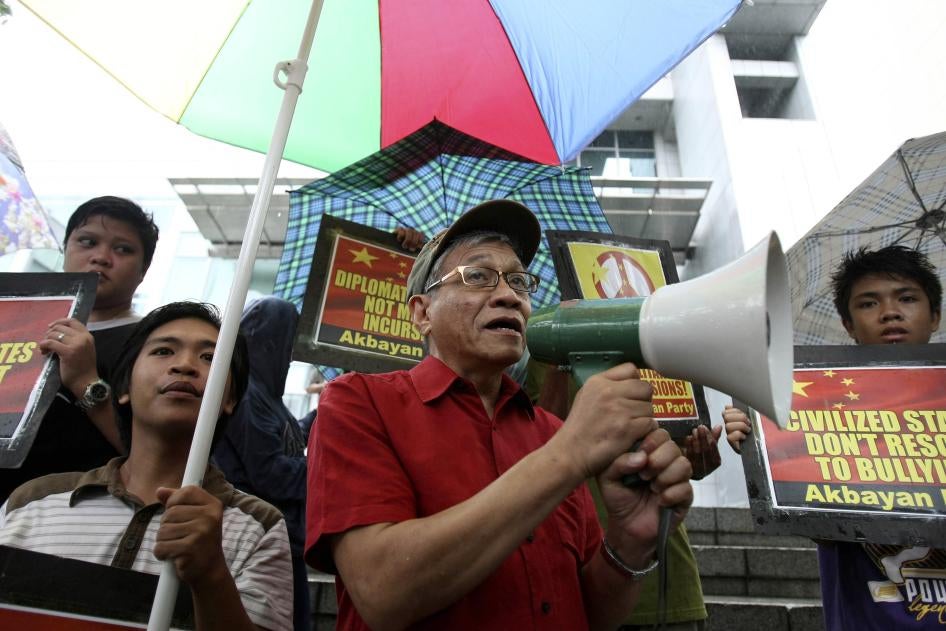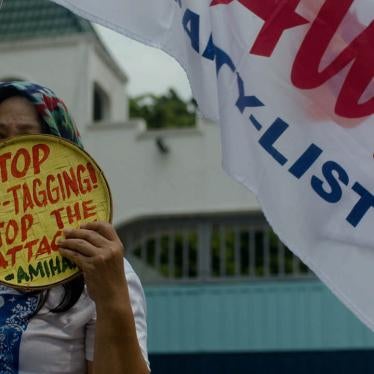Philippine police on Monday arrested Walden Bello, a 76-year-old social activist, academic, and former congressman, at his home in Quezon City on charges of cyber-libel. The arrest was based on allegations by Jefry Tupas, a former information officer for Vice President Sara Duterte. Bello spent the night in jail before being released after paying bail.
Tupas, who worked for Duterte when she was mayor of Davao City, filed two counts of cyber-libel against Bello in March for a Facebook post alleging that Tupas was involved in illegal drugs after attending a party in November 2021 that was raided by the police.
Bello, a leftist progressive voice well-known in the Philippines and Southeast Asia, unsuccessfully ran for vice president in May. He used his candidacy as a platform to highlight progressive and social justice issues during the campaign. He is a long-time critic of the late Ferdinand Marcos, father of President Ferdinand Marcos Jr, and of former President Rodrigo Duterte, father of Vice-President Duterte. Sara Duterte denied any role in the libel case.
The Philippines’ cyber-libel law, passed in 2012, has been used several times against journalists, columnists, critics of the government, and ordinary social media users. The Office of Cybercrime at the Department of Justice reported that 3,700 cyber-libel cases were filed as of May 2022. Of that number, 1,317 were filed in court while 1,131 were dismissed. Twelve cases ended in a conviction.
Bello’s arrest underscores the need to revoke criminal libel and cyber-libel laws in the Philippines and elsewhere. As the United Nations Human Rights Committee stated in its general comment on freedom of expression, “imprisonment is never an appropriate penalty” for defamation. The UN special rapporteur on freedom of expression, Irene Khan, said in July after a Manila court upheld the cyber-libel conviction of Nobel Prize laureate Maria Ressa, “Criminal libel law has no place in a democratic country and should be repealed.”
As Human Rights Watch stated before the law was passed, criminal libel – against both offline and online expression – harms free speech and is frequently used to target critics of government officials. Laws like the cyber-libel law should be amended to remove criminal defamation provisions, in line with internationally accepted human rights and free speech standards.










